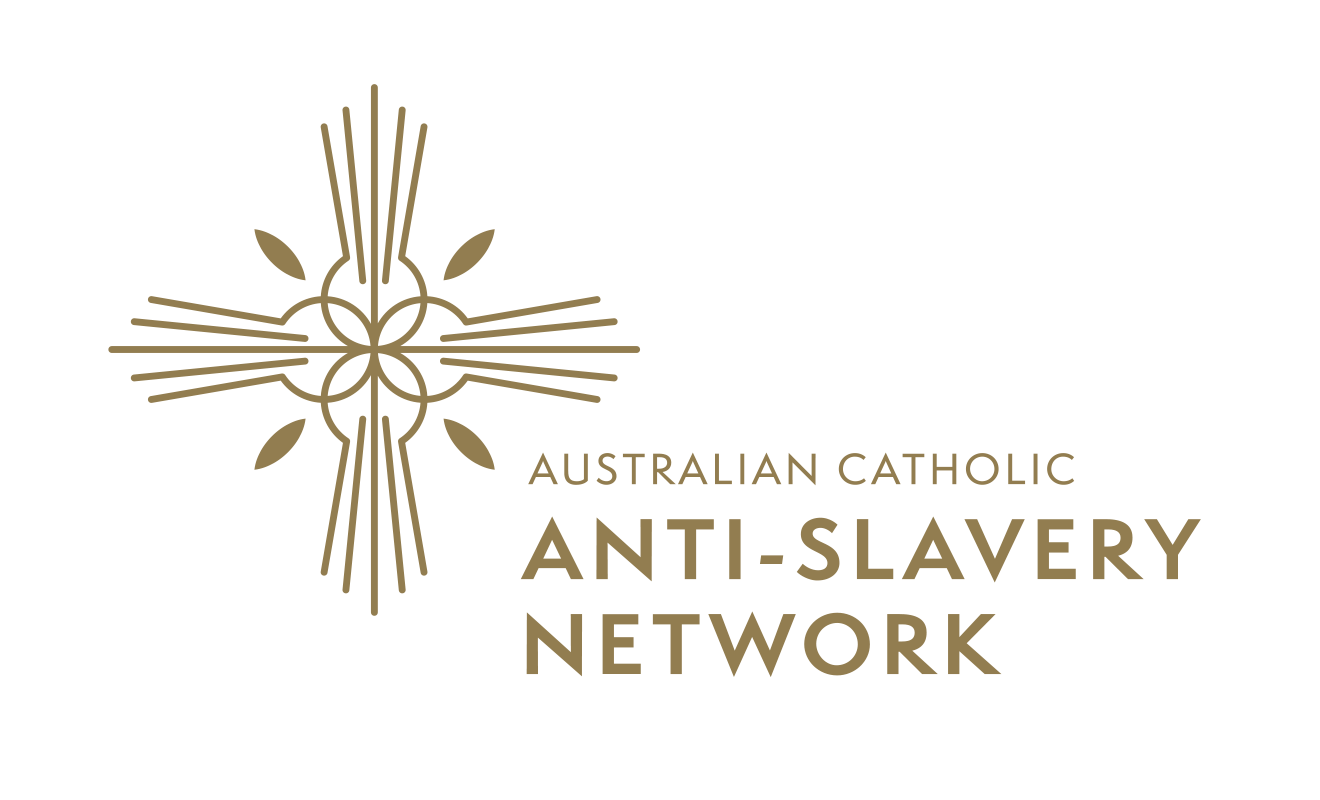
DOMUS 8.7
Responding to people impacted by modern slavery
What should you do if you suspect someone is experiencing modern slavery?
Or, that modern slavery is occurring in your operations or supply chain?
How can you take meaningful action and ensure workers are safe?
DOMUS 8.7 - supporting victims and business to achieve remedy
Currently there is no helpline for either people impacted by modern slavery or the organisations, businesses and individuals who may discover it.
People impacted by modern slavery may have legitimate fears that prevent them from seeking help so care must be taken and consent obtained before acting on their behalf. Actions taken without informed consent could increase risks to safety and welfare of people impacted, other workers or family members.
Individuals and businesses who identify or suspect modern slavery should seek advice and support to assess their concerns, information and next steps.
DOMUS 8.7 is an agency of the Catholic Archdiocese of Sydney. Domus 8.7 staff can help workers, businesses or community members to obtain support, advice and guidance on how to respond to suspected or actual situations of modern slavery.
Contact Domus 8.7 on 02 9307 8464 or send a message to our Contact page.
In cases where there is an immediate threat to life and safety, dial 000.

What is a ‘remedy pathway’
The right to remedy is a basic principle in international human rights law. In reality, people adversely impacted by corporate human rights abuses often struggle to access adequate or effective remedy.
The provision of remedy involves a business implementing actions and processes to investigate and redress impacts on workers involved in their business operations and supply chains, and ensure future impacts on people s are prevented.
Key elements of an effective remedy pathway are:
Victim safety, protection and consent
Human rights based approach
Independent advice and support
Ensuring safety and protection of people impacted is the primary focus of remedy. Any work with people impacted is undertaken with their full knowledge and consent.
The fundamental human rights of people impacted are protected and respected at every step along the remedy pathway.
Support is independent and never contingent upon cooperation with law enforcement or other authorities.
Having a documented remedy pathway is an important requirement of the Australian Modern Slavery Act 2018.
The Act requires organisations with an annual consolidated revenue of more than $100 million to provide a public annual modern slavery statement on how they are assessing and addressing risks of modern slavery in their operations and supply chains and the actions taken - including due diligence and remediation.

Why a remedy pathway is needed
A remedy pathway provides several direct and indirect benefits to businesses:
Enhances modern slavery risk management programs within operations and supply chain
Provides assessment, support and guidance in relation to modern slavery concerns
Develops internal capability to manage risk and engage staff
Establishes a documented pathway to manage (potentially) complex humanitarian issues
Addresses a key mandatory reporting requirement of the Modern Slavery Act 2018
Boosts credibility and reputation as a responsible business
Enhances standing with regulators, shareholders, customers and community groups
Integrating remedy into systems and processes demonstrates an ongoing commitment to protecting the human rights of people in the operations and supply chains of your business.


A survivor’s perspective
Philippines-born IT professional Joshua Cruz* left his telecommunications job in the Philippines after being promised a job in Australia at an IT firm.
“Having a service like this will make a world of difference for victims of modern slavery in Australia.”
On arriving in Australia he found himself exploited, working seven days a week in a factory and as an unpaid housekeeper for his employer. Mr Cruz said he would have benefited greatly if a service like DOMUS 8.7 had been available after escaping from his employer.
“I was in a really desperate position and didn’t know who to approach for help. When I called the Philippines embassy I was anxious about revealing my identity out of fear of retaliation against my family back home and jeopardising my visa. Everyone I reached out to told me to go somewhere else. I had no money and I needed a lot of help.
So having a service like this will make a world of difference for victims of modern slavery in Australia.”
*not his real name

Service profile
DOMUS 8.7 provides:
Confidential telephone assessment, advice and action planning in relation to modern slavery concerns
Practical support, advice and referrals for people impacted by modern slavery
Guidance and advice for businesses who identify modern slavery in their operations or supply chains
Coordination with government agencies, social services, support organisations and others
Help for businesses develop internal capabilities to manage modern slavery risk
Advocacy for improved responses to modern slavery in Australia

Who can access the services
Advisory services provided by DOMUS 8.7 will be available to:
Workers impacted by modern slavery
Businesses & industry bodies
Government agencies
ACAN participants
Australian Catholic Anti-slavery Network
What is the cost?
There is no cost for workers impacted by modern slavery to access support.








